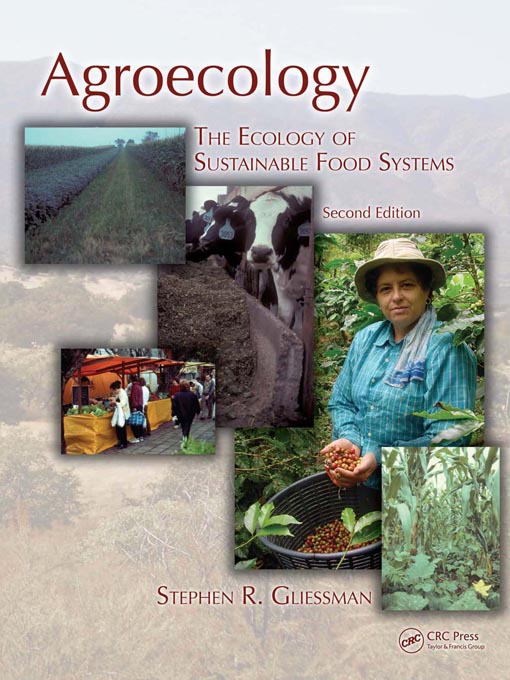Providing the theoretical and conceptual framework for this continually evolving field, Agroecology: The Ecology of Sustainable Food Systems, Second Edition explores environmental factors and complexities affecting agricultural crops and animals. Completely revised, updated, and reworked, the second edition contains new data, new readings, new issues and case studies, and new options. It includes two completely new chapters, one on the role of livestock animals in agroecosystems and one on the cultural and community aspects of sustainable food systems. The author clearly delineates the importance of using an ecosystem framework for determining if a particular agricultural practice, input, or management decision contributes or detracts from sustainability. He explains how the framework provides the ecological basis for the functioning of the chosen management strategy over the long-term. He also examines system level interactions, stressing the need for understanding the emergent qualities of populations, communities, and ecosystems and their roles in sustainable agriculture. Using examples of farming systems in a broad array of ecological conditions, the book demonstrates how to use an ecosystem approach to design and manage agroecosystems for sustainability.
- Available now!
- New eBook additions
- New kids additions
- New teen additions
- Most popular
- Always Available eBooks
- See all
- Available now
- AZ's Most Popular Audiobooks
- New Audiobooks
- Always Available Audiobooks
- New kids additions
- New teen additions
- Try something different
- Extremely Funny Audiobooks
- See all

